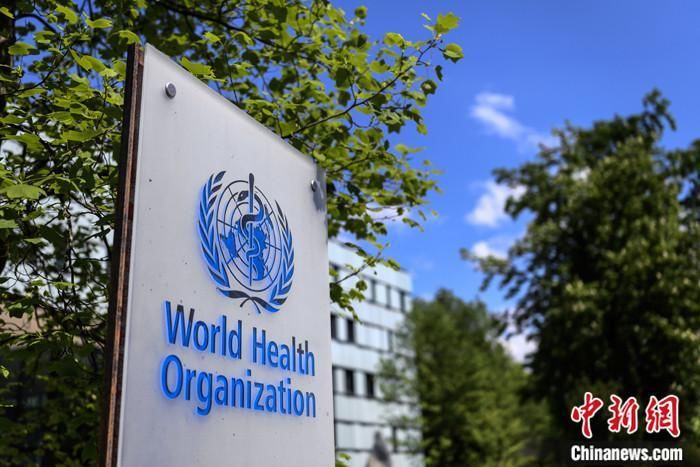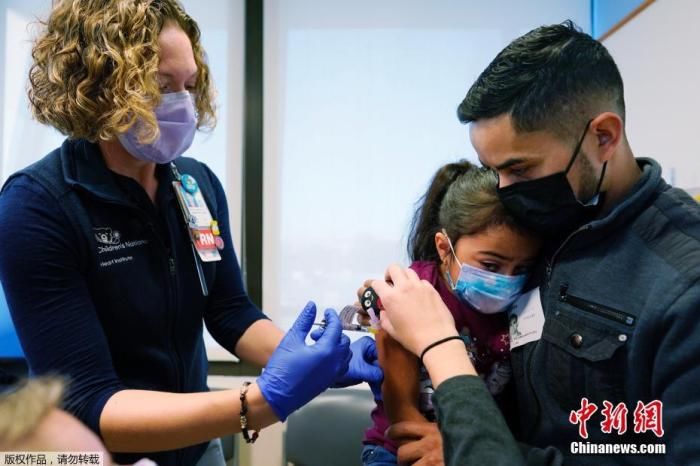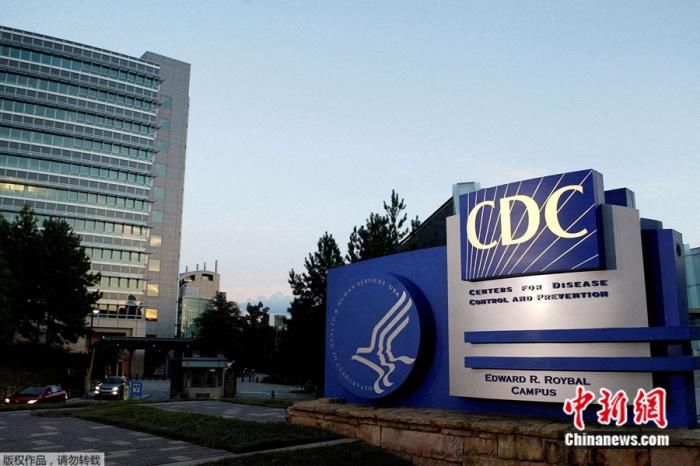China News Service, May 8 (Zhang Mingxin) Recently, acute hepatitis of unknown cause continues to spread in many countries around the world, causing concern. More than 200 cases have been reported in 20 countries around the world, according to the World Health Organization (WHO). China’s National Health Commission said on the 7th that at present, no related cases have been found in China.
A number of experts believe that this unexplained hepatitis may be caused by adenovirus infection, but other possibilities are not ruled out. According to a recent survey by the World Health Organization, since the vast majority of children with unexplained acute hepatitis have not been vaccinated against the new coronavirus, the hypothesis related to the vaccination of the new coronavirus is not currently supported. Since the source of infection has not been confirmed, many health agencies recommend that preventive measures should be strengthened.
 Data map: World Health Organization (WHO).
Data map: World Health Organization (WHO).
Global spread, more than 200 cases reported in a month
On April 5, local time, the UK first reported to WHO that the discovery was unknown Causes of acute hepatitis in children. In less than a month, at least 228 cases of acute hepatitis in children have been reported globally, with more than 50 cases under investigation.
Currently, acute hepatitis of unknown origin in children has spread to 20 countries around the world, among which, the situation in Europe and the United States is more serious. According to the BBC, 163 cases have been identified in the UK, 11 of whom required liver transplants.
The latest data released by the US Centers for Disease Control and Prevention (CDC) on the 6th shows that 109 cases have been found in 25 states and territories in the United States. Five of the children diagnosed have died, 14% required liver transplantation, and more than 90% required hospitalization.
The disease has also spread to Latin America and Asia. Argentina’s health ministry issued a notice saying that eight cases had been detected in the country since May. Japan reported seven cases, while Indonesia said three children died from unexplained acute hepatitis in April.
The etiology is unknown, is it related to adenovirus or new crown?
The National Health Commission of China released answers to questions about acute hepatitis in children of unknown cause on the 7th, introducing the following common characteristics of children:
——Age 1 Months to 16 years old, mostly under 10 years old;
——jaundice, nausea, abdominal pain, fatigue, lethargy and gastrointestinal symptoms (including diarrhea and vomiting) occurred, and most children had no fever;< /p>
——The transaminase (AST or ALT) was significantly elevated in laboratory liver biochemical tests.
In addition, most of the children also had symptoms such as loss of appetite, joint pain, dark urine and light stools, CNN said.
At present, the medical community has not yet found the cause of acute hepatitis in children. WHO previously notified that laboratory analysis has ruled out unexplained childhood hepatitis cases from hepatitis A, B, C, D, and E. Possibility of virus-induced, novel coronavirus or adenovirus was detected in samples from some cases.
The U.S. Centers for Disease Control and the U.K.’s Health and Safety Authority believe that the increase in hepatitis cases may be related to adenovirus infection. Three-quarters of 163 children infected with hepatitis in the UK tested positive for adenovirus, the analysis showed.
The Lancet analysis believes that adenoviruses are not usually dangerous, but the lockdowns caused by the new crown pandemic have left young children without regular exposure to adenoviruses and may therefore exhibit severe immune responses.
 November 3, 2021 local time, Washington, USA, National Children’s Hospital vaccinates children.
November 3, 2021 local time, Washington, USA, National Children’s Hospital vaccinates children.
In addition, a recent survey by the World Health Organization (WHO) shows that since the vast majority of children with unexplained acute hepatitis are not vaccinated against COVID-19, the hypothesis related to vaccination against COVID-19 is not currently supported.
Also, according to the UK Health Security Agency, the possibility that a new variant of the adenovirus could make children sick cannot be ruled out. The agency also said that it is currently testing and investigating drugs, toxins and environmental factors, but the cause of acute hepatitis in such children is likely to be caused by an infection.
Stay vigilant and call for stronger prevention
Currently, there is no specific treatment for this acute hepatitis in children by national health organizations, the Pan American Health Organization ( PAHO) said that current treatments are aimed at relieving symptoms, and treatment recommendations can only be refined after the source of infection has been identified.
In view of the fact that some severely ill children need liver transplantation or even die, the health departments of many countries call for more attention and prevention of the disease.
The CDC says that hand washing, covering your cough and sneeze, and avoiding people who are sick can help prevent adenovirus infection, although it remains unclear whether adenovirus is associated with acute acute respiratory syndrome in children. Whether there is a link between hepatitis cases.
 Infographic: Centers for Disease Control and Prevention (CDC).
Infographic: Centers for Disease Control and Prevention (CDC).
Meera Chand, Director of Clinical and Emerging Infections at the UK Health Security Agency, also said normal hygiene measures such as hand washing “help reduce the spread of many of the infections we are investigating”.
The National Health Commission of China stated that the main route of infection of acute hepatitis in children is through the digestive tract and blood. The main preventive measures are to prevent children from going to crowded and poorly ventilated public places, cut off contact with droplets and fecal-oral transmission routes, ensure adequate sleep and nutrition for children, regularly wash children’s clothing and frequently contacted items, wash hands frequently, and wear masks. , Maintain social distance, such as children with jaundice, gastrointestinal symptoms and other hepatitis symptoms, they need to seek medical attention in time. (End)